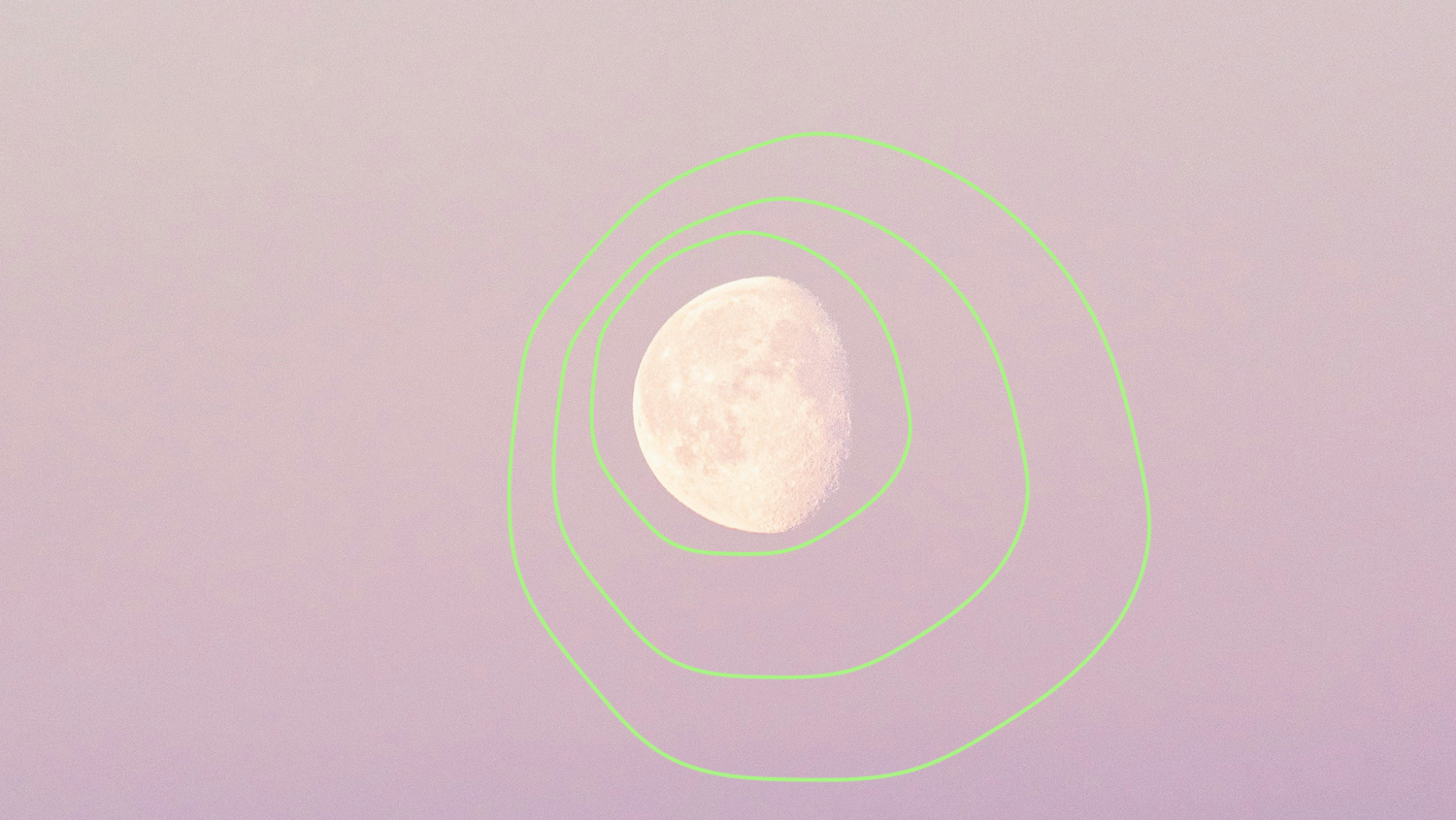Seeking happiness is something we all do but, let’s be honest, it can be confusing to know exactly what we’re chasing and how to fully experience ultimate happiness in our lives.
Should I feel happy all the time? Is happiness about those little daily habits? Huge life events and achievements? The people we're surrounded by? Or is it just having the right mindset?
At lifted, we’ve been chatting to Dr Maike Neuhaus, The Flourishing Doc, to understand what exactly happiness is and how we can all get more of it.
What is happiness?
Dr Maike talks about how there are actually two types of happiness:
- Hedonic Happiness - this, she describes, is ‘feeling good, pleasure or joy’. It’s moments, experiences, achieving goals and temporary satisfaction.
- Eudaimonic happiness - this is more about meaning, purpose and connection in your life. It’s longer term flourishing.
She busts the myth that happiness should be our default state, sharing that it's completely normal to feel low, angry or frustrated at times. These are all part of our human experience and, in fact, she adds that they can often act as an essential catalyst for change and personal growth.
Dr Maike’s top 5 tips for bringing more happiness into your life
- Understand the Happiness Paradox: A common misconception in the quest for happiness is the direct pursuit of happiness itself, which can lead to the "happiness paradox." This paradox suggests that the more directly we chase happiness, the more elusive it becomes. This is because focusing too intently on happiness can lead to constantly evaluating our emotional state, which may detract from experiencing genuine joy and contentment.
- Ask yourself what makes you feel alive: Shift your focus towards activities and pursuits that make you feel alive, engaged, and fulfilled. Whether it's pursuing a passion, engaging in hobbies that challenge you, or contributing to something larger than yourself, aim for what brings a sense of vitality and engagement. Happiness then becomes a natural by-product of living a life aligned with what truly matters to you, rather than the sole objective of your actions. This approach aligns with eudaimonic well-being, emphasizing living in accordance with one's values and engaging in meaningful activities that contribute to a sense of purpose and fulfilment.
- Accept occasional short-term discomfort for long-term fulfilment: Achieving deep eudaimonic happiness often means sacrificing immediate pleasures. For instance, working late hours on a project that's close to your heart might mean missing out on social gatherings or leisure time. While this can lead to feelings of loneliness or frustration in the short term, the long-term fulfilment from completing a project that aligns with your values and contributes to your sense of purpose is incomparable. This trade-off between short-term hedonic happiness and long-term eudaimonic fulfilment is a crucial aspect of achieving a meaningful and satisfying life. Embracing these challenges as necessary steps towards your goals can lead to a more profound sense of happiness and accomplishment.
- Build and nurture relationships: Strong, supportive relationships are a cornerstone of both hedonic and eudaimonic well-being. Invest time and energy in developing deep connections with family, friends, and community. Meaningful interactions and a sense of belonging contribute significantly to happiness and yet are often overlooked and underestimated.
- Prioritise holistic health: Balance is key to holistic health—incorporate regular exercise, sufficient sleep, and a nutritious diet. Exercise enhances mood, while adequate sleep is crucial for emotional balance and cognitive clarity. A diet rich in nutrients supports mental and physical well-being. Together, these elements foster both immediate happiness and long-term fulfilment, highlighting the interconnectedness of physical health and mental resilience. A healthy lifestyle not only supports your body but also lays the foundation for sustained well-being and happiness.
For more on this topic, check out Dr Maike's guides, courses and social media below!
- Free Beginner’s Guide to Happiness: https://www.theflourishingdoc.com/
- Positive Psychology Coaching : https://www.theflourishingdoc.com/coaching
- Books & ebooks: https://www.theflourishingdoc.com/resources
- Onlines course to realise your potential: https://www.theflourishingdoc.com/rise
- Social media channels: @theflourishingdoc





